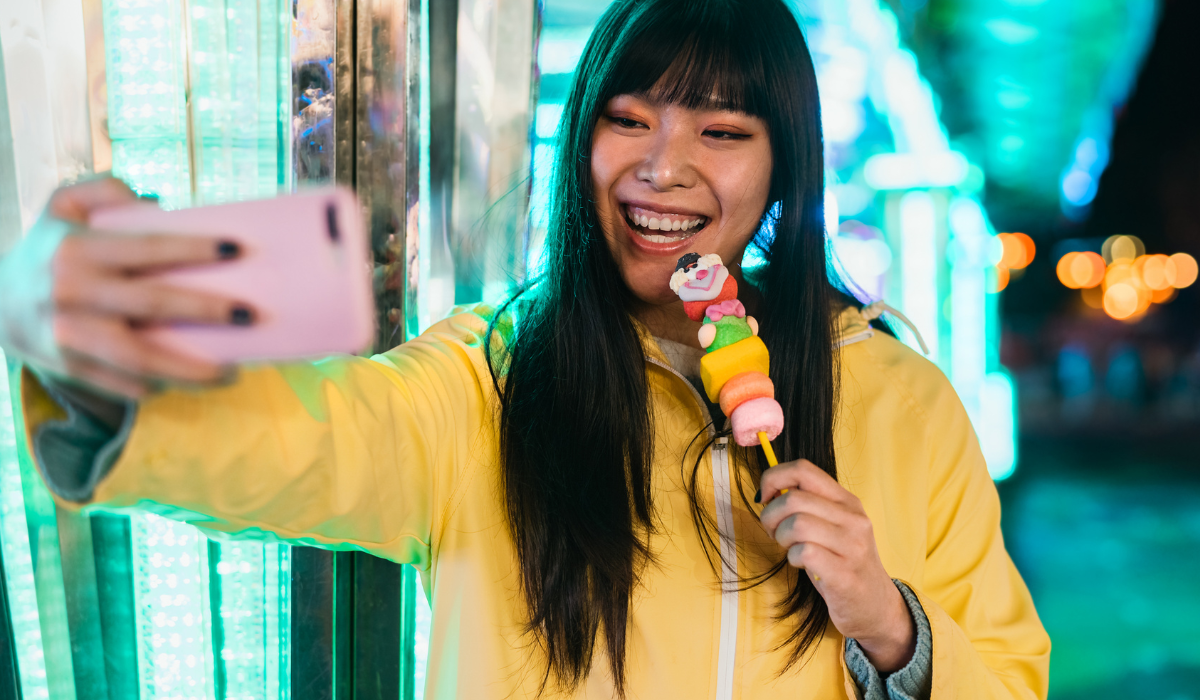Gen Z - How Retail is adapting to these "Woke" Consumers
In this post, we explore Gen Z consumer preferences, behaviours and how these are shaping current product and marketing decisions. Who are Gen Z, and how is retail adapting to this 'Woke" Consumer?
Proving to be more diverse, educated and digitally savvy than all previous generations. Gen Z are a powerhouse generation, with a major impact on how brands communicate.
As a result, retailers and brands are investigating this generations defining characteristics to create products and experiences bespoke to their needs.
Identifying the various generations and names given to them:
- Gen Z: Born between 1997 and 2004
- Gen Y: Born between 1980 and 1996
- Gen X: Born between 1965 and 1979
- Baby Boomers: Born Between 1946 and 1960
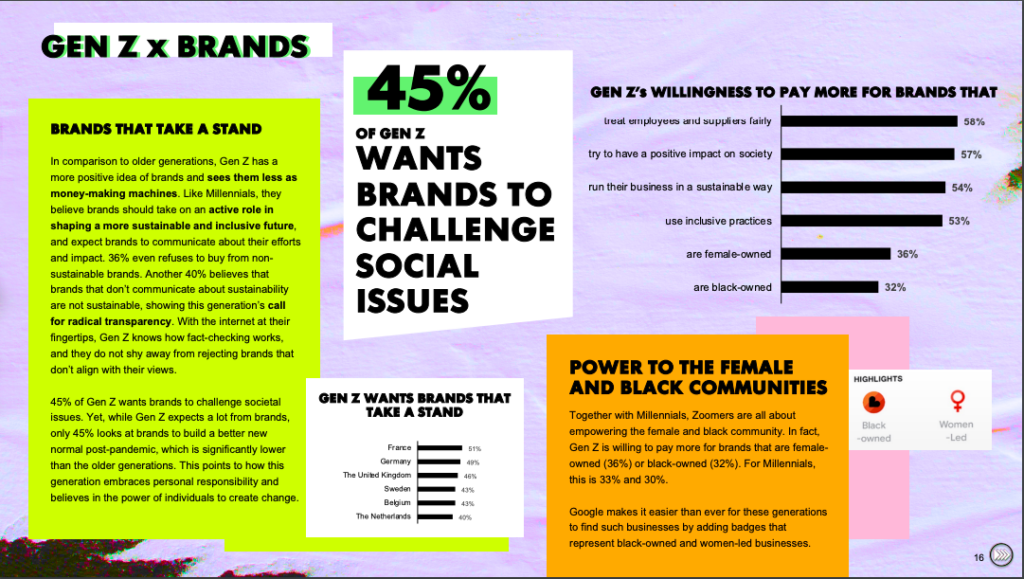
According to the 2022 "Ready for the Zoomers?" Insight Consulting report, Gen Z prioritise Five main categories when it comes to trusting and investing in brands.
1: Mental Wellbeing
Gen Z, is notably the most stressed-out generation. This 'it's ok, to not be ok" generation expects brands to be able to take on the role of a life coach and support them in discussing and prioritising mental health subjects.
Instagram accounts, blog posts and brands promoting mental wellbeing advocacy have increased dramatically in the past few years. An example being, @happyplaceofficial a platform followed by over 257k people and provides group forums, podcasts and posts centred around mental wellbeing and the promotion of coping mechanisms.
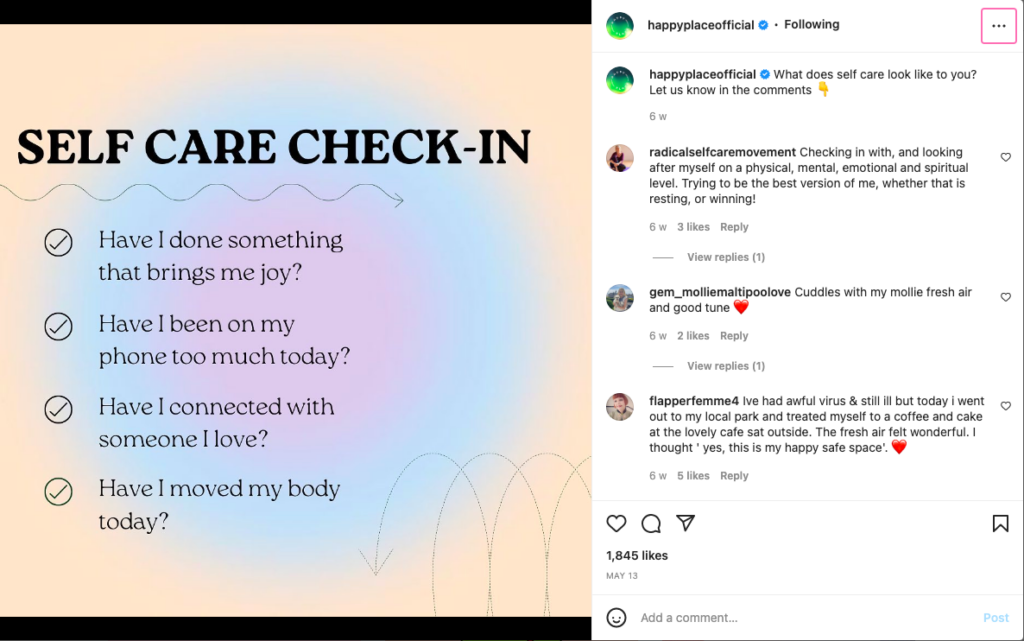
2: The Metaverse
This always online generation embraces and helps shape the metaverse. Notably, Gen Z want brands to create exciting experiences by seamlessly fusing online and offline worlds.
3: Future Sustainability
4: Finance
Gen Z is educating themselves on finance and is redefining how they make money. They explore new investment opportunities, want actionable and accessible advice from brands. In addition, they also expect support from them in developing financial resilience.
5: Brands
Gen Z want brands they support to pursue social and environmental issues while simultaneously providing a fun, playful, personalised experience.
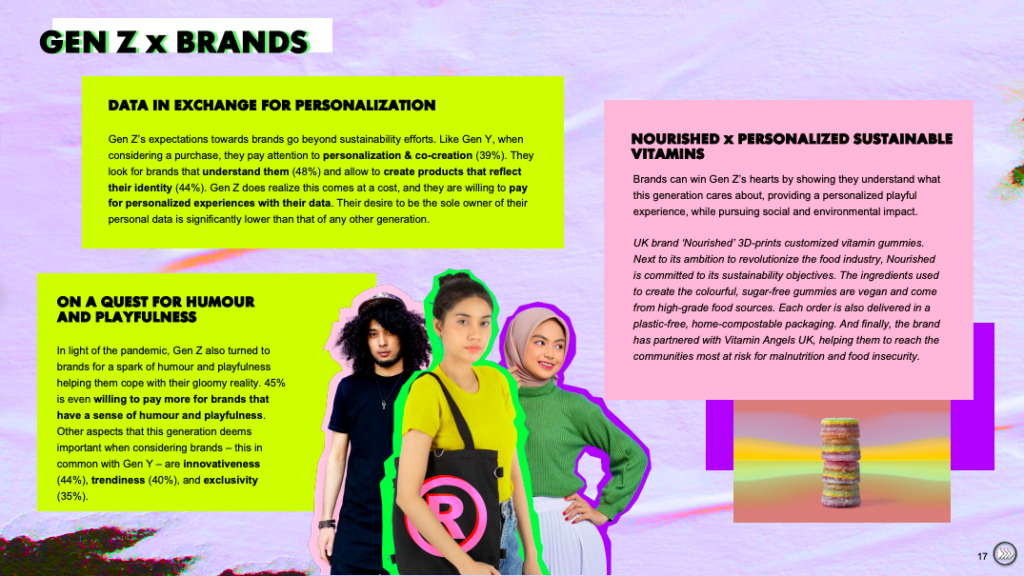
What separates Generation Z from Generation X and Y?
It’s been noted that the meaning of success is being redefined by Gen Z. As well as financial achievement and careers are no longer the main drivers behind success. Research shows that more than 62% of Gen Z already believe that "success no longer means financial wealth”.
There is an emerging shift in mindset where it is more about how you live your life that matters. Not only does this mean they want to live a multi-faceted and enriching lifestyle, but that they also see the value in taking responsibility for caring for the world and their environment.
Gen Z have a progressive attitude within which individuals are free to follow a diversity of paths, or forge their very own paths. This is a key differentiating element on how this generation truly differentiates itself.
So, just how are brands connecting with Gen Z?
Sportswear brand Nike sparked a new conversation about sneakers with Gen Z in Hong Kong to reignite the local sneaker culture.
The aim was to re-engage with young consumers in Hong Kong; to build a localised strategy and reignite the local sneaker culture. To do so, the brand needed to gain an in-depth understanding of what defines Gen Z, their values, their beliefs, and their attitudes.
However, some major hurdles were the effects of the Hong Kong protest movement and the practical challenges of COVID-19; so, it proved harder than ever for Nike to get young people in Hong Kong to meet in a face-to-face environment.
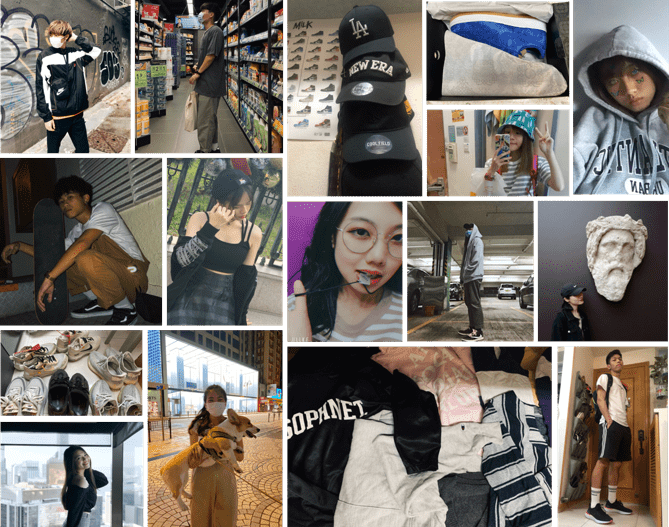
Being the generation that is living a large part of their lives online, it soon became clear that conventional, offline approaches were not going to work in getting the conversations they were hoping for.
Re-approaching their way of handling Gen Z, Nike utilised InSite’s Consulting services. They invited 30 young Hong Kong consumers (a mix of fashionistas and sneaker-heads aged 18-24) to share their lives and views on fashion in a three-week online community on their ‘square platform’.
The engagement of consumers through the community activities was overwhelming as Nike gathered hundreds of rich media consumer posts in merely three weeks.
It was apparent that the young consumers felt more comfortable in this online environment. They shared photos and videos of their daily outfits, showed their shoes & clothes collections, and talked about their favourite Instagram influencers.
It revealed how local relatable influencers share stories about their personal interests and journey. The insights provided Nike with a 360° view of their consumers. Giving them the understanding of ‘what’, ‘where’, ‘when’, ‘who’ and ‘why’ of their consumer behaviour.
As a brand, what can we take from Gen Z and their approach to society?
Gen Z aspires to express their inner self with as much authenticity and meaning as possible. For them, self-expression goes beyond showing they exist, but in fact it is a way to feel truly alive.
The social media tools they’ve grown up with – and the vibrant personalities of celebrities and other key opinion leaders they watch on podcasts encourage self-actualisation through self-expression.
This Generation is not 'self-staging' out of vanity, as some may think. Moreover, older generations may scoff at the meticulous efforts of the perfectly staged selfies or the vast volume of information Gen Z shares on the internet.
In fact, these tools to craft solid and authentic digital identities as a way to connect and form bonds with like-minded people or connect with communities they aspire to be part of.
This quest for connecting knows no geographic or social boundaries. Subsequently, empowered by the digital age, Chinese Gen Z naturally looks toward the global stage to build deep and personal human connections.
Gen Z is ready to change the world, shape the future consumer behaviour and, with that, also impact brands. Moreover, this digitally native generation is social-media-literate, always-on and hyper-informed.
They grew up against social upheaval and climate change and didn’t know life without google. Gen Z is the world’s largest generation group, accounting for one-third of the global population.
Finally, they have the fastest-growing disposable income. Hence, no matter what you call this generation, your business future depends on them.

